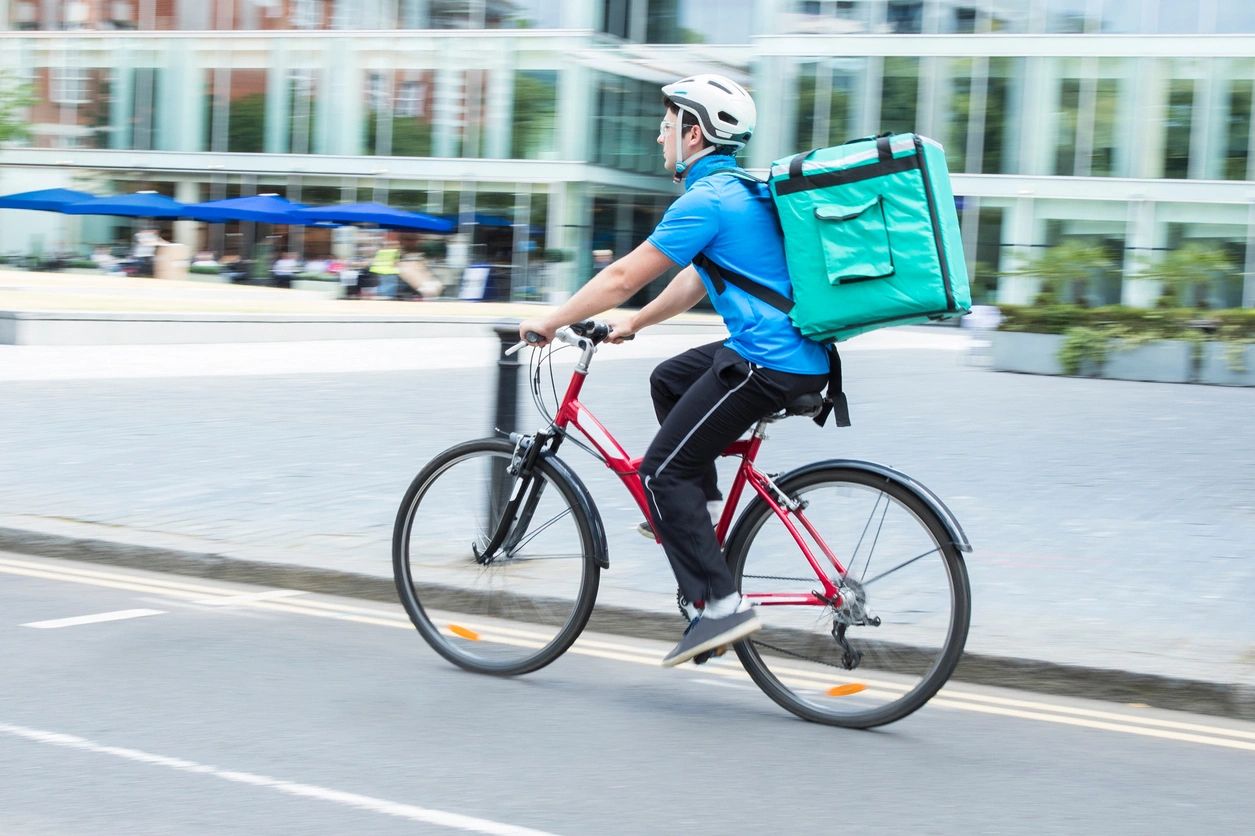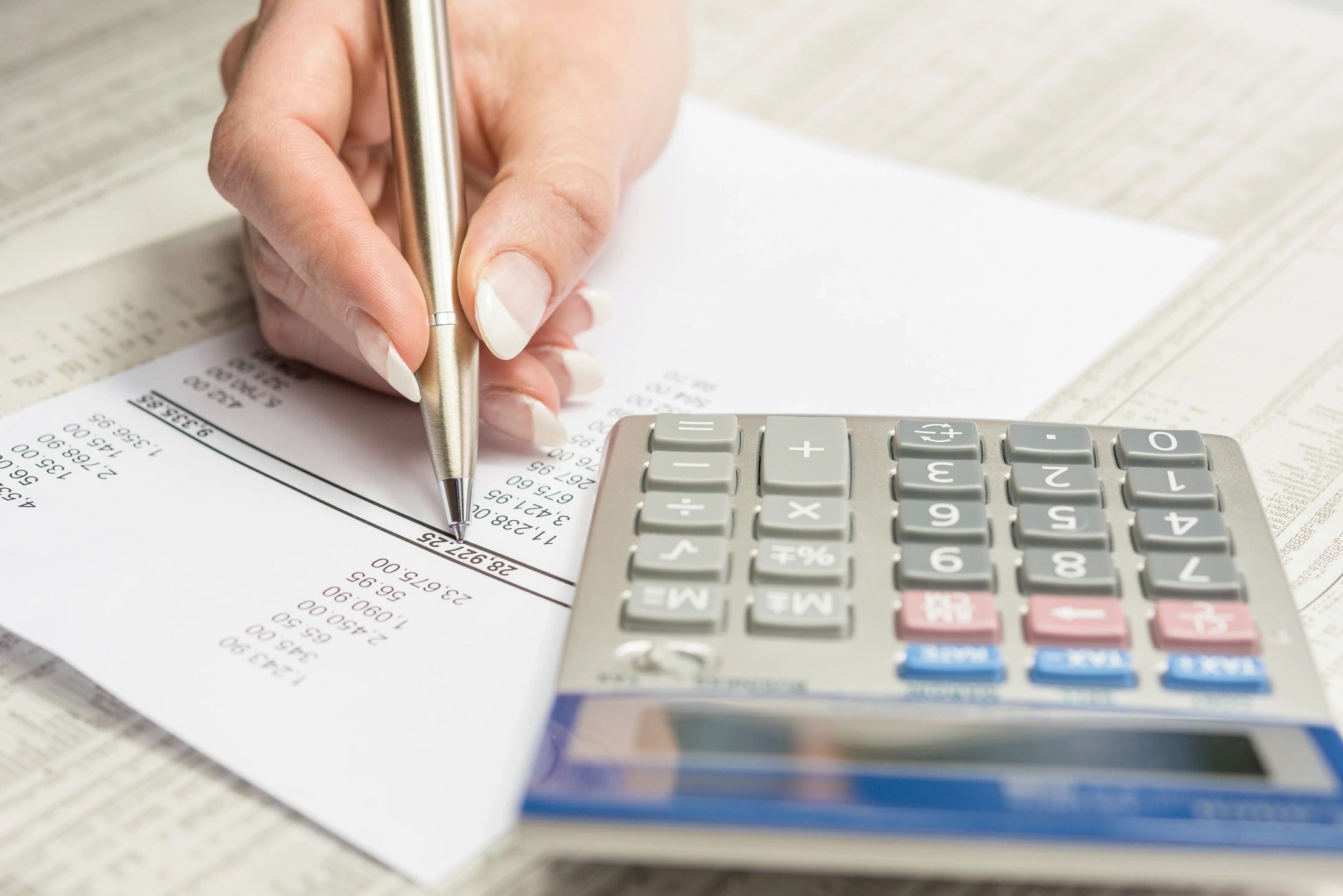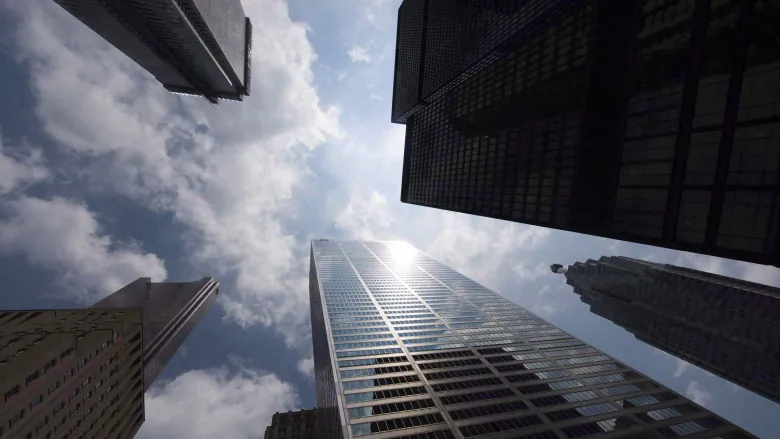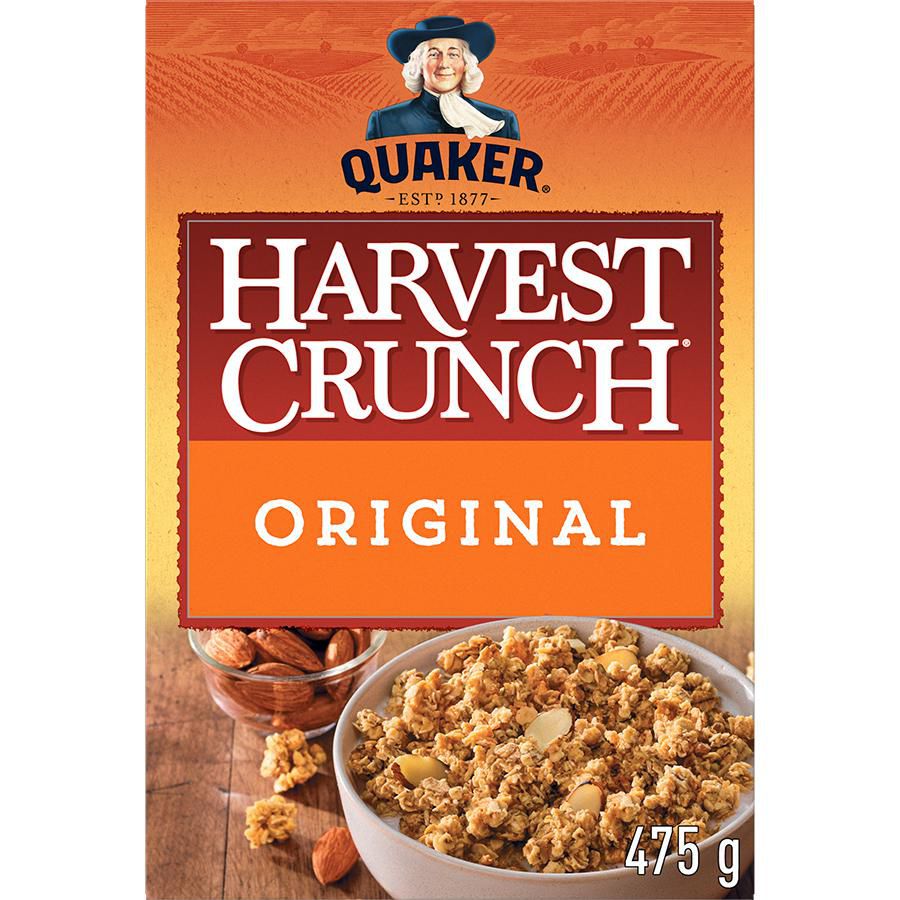DoorDash and Uber Eats Accused of Hiding Extra Fees
The way some food delivery apps show their prices is causing big legal trouble. The federal Competition Bureau is going after DoorDash, and a Toronto law firm is suing Uber Eats in a class-action lawsuit. Both cases focus on a practice called “drip pricing.”
What is Drip Pricing?
Drip pricing is when companies advertise a low price at first but then add extra, required fees at checkout. These extra charges can make the final cost much higher than expected.
Mike Robb, a lawyer in London, Ontario, says pricing isn’t always clear or honest. The Competition Bureau agrees, saying unclear prices make it hard for people to compare costs and hurt businesses that are honest.
Why Is DoorDash in Trouble?
The Competition Bureau says DoorDash misled customers by showing lower delivery costs online than what they ended up paying. After investigating, the bureau found that DoorDash added required fees at the end of the order—like small-order fees, long-distance delivery charges, and some fees labeled as taxes.
They say this may have been going on for nearly 10 years and helped the company make close to $1 billion from these fees.
The bureau is asking the Competition Tribunal to make DoorDash stop this practice, stop calling fees “taxes,” pay a penalty, and give money back to affected customers.
DoorDash disagrees. A spokesperson called the complaint “misguided” and said the company would fight it.
But the Competition Bureau stands firm. “We want to make sure people can trust the prices they see online,” said Commissioner Matthew Boswell.
Other Companies Caught Doing This
The Competition Bureau has also taken action against other companies for drip pricing.
-
Cineplex was fined nearly $39 million for adding a $1.50 online booking fee without making it clear.
-
SiriusXM Canada was fined $3.3 million for hidden fees in its monthly subscription costs.
What About Uber Eats?
Uber Eats is now facing a class-action lawsuit from the Toronto law firm Koskie Minsky. The lawsuit claims that Uber Eats also used drip pricing by hiding a service fee in the “Taxes & Other Fees” section at checkout.
The case is on behalf of Canadian customers who used Uber Eats after May 16, 2023, and paid this fee. It also says people who paid for an Uber One subscription—supposed to come with free delivery—were still being charged the fee.
The lawsuit says that’s unfair and breaks the company’s promise.
Lawsuit vs. Government Action
Mike Robb says it’s not strange to have both a government investigation and a class-action lawsuit at the same time. The Competition Bureau tries to protect all Canadians, but class actions focus on making sure customers get money back.
When class actions are settled, they often set up a way to give small payouts to affected customers. One example is the bread price-fixing lawsuit, where a website was set up to help people claim their money.



